Njamito Goes Fairtrade for Cocoa and Vanilla
March 31, 2025Njamito is now Fairtrade certified for cocoa and vanilla! Here’s what that means for farmers, the planet, and the values behind our meal-in-a-bottle.
Read articleNjamito is now Fairtrade certified for cocoa and vanilla! Here’s what that means for farmers, the planet, and the values behind our meal-in-a-bottle.
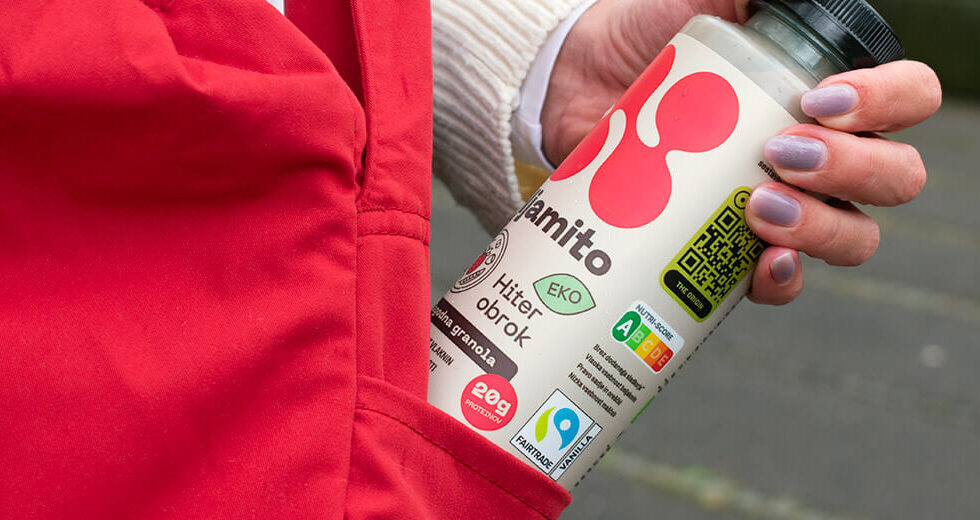
If you’ve ever tried Njamito, you know it’s not your average meal-in-a-bottle. It’s made from organic, vegan, clean-label ingredients you can actually pronounce while giving you the promise of being completely honest and living up to it with The Origin, our traceability platform.
And thanks to High Pressure Processing (HPP), it stays fresh without preservatives. (P.S. you might’ve heard, a UHT version is joining too, making Njamito even more convenient. It won’t require refrigeration, so more people can enjoy it, and you’ll be able to take it anywhere.)
Everything we do is rooted in a simple idea: real food, made right. So it only made sense to take things one step further.
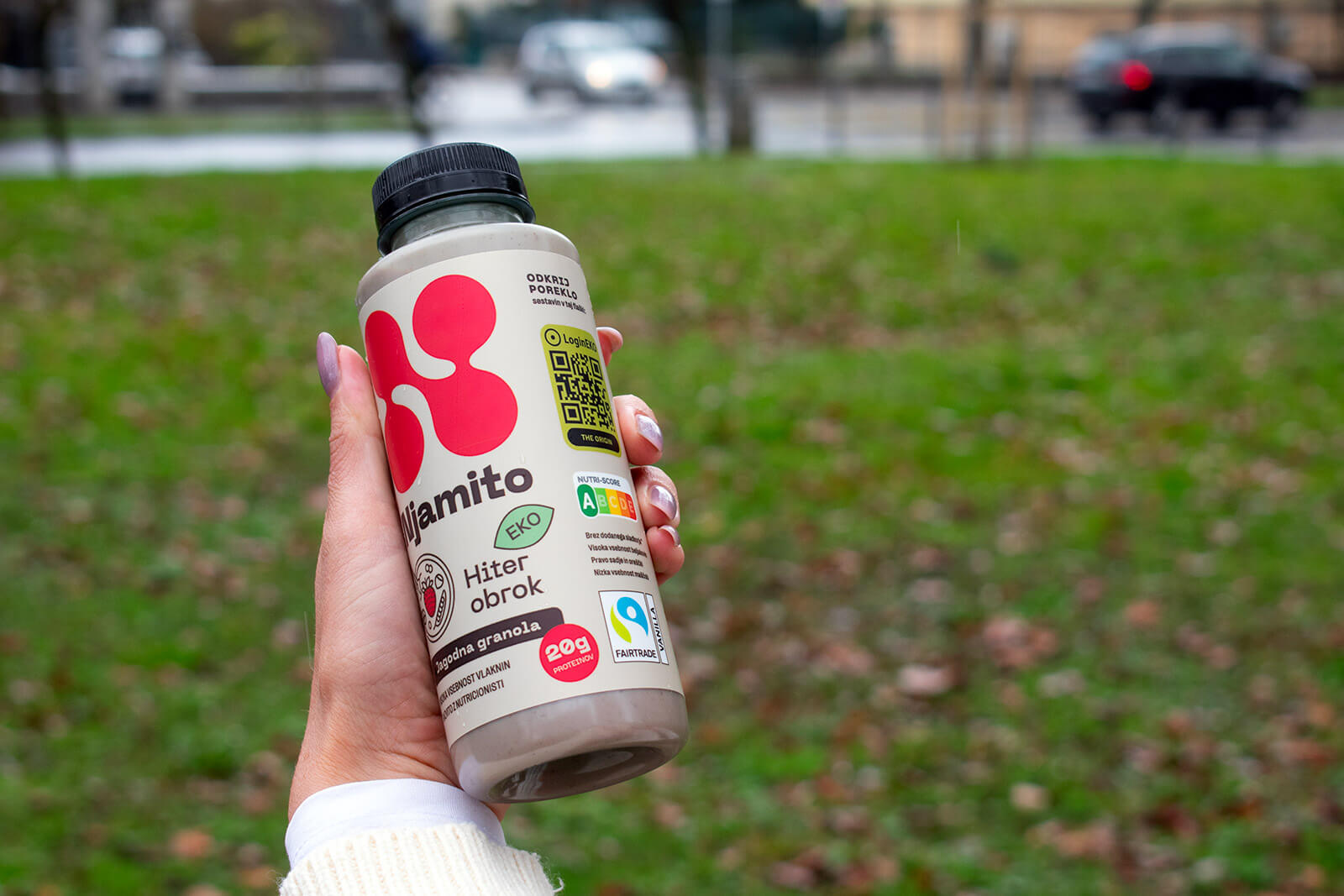
If you’ve recently picked up a bottle, you might’ve spotted a new label.
But it’s more than just a stamp, it’s our way of making sure every part of Njamito’s story reflects our values; from the oats we grow to the people behind other flavors and ingredients.
In short, Fairtrade guarantees:
For Njamito, Fairtrade certification applies to vanilla (in every flavor) and cocoa (used in our Jaffa bottle).
Behind the sweet flavor combinations with vanilla and cocoa lies a bitter reality.
Cocoa is primarily grown in West Africa, Latin America and Southeast Asia. Côte d’Ivoire is the largest producer and exporter globally, producing nearly 60% of the world’s cocoa.
Yet, around 6 million people who rely on cocoa farming often live in poverty and many are forced to turn to illegal labor practices. Child labor, particularly, is a significant issue; in fact, an estimated 1.6 million children work on cocoa farms in these countries.
Additionally in Brazil, a lot of workers face slave-like conditions including debt bondage, poor housing, and inadequate wages, a problem that is widespread in the entire industry.
We recommend you check out these documentaries:
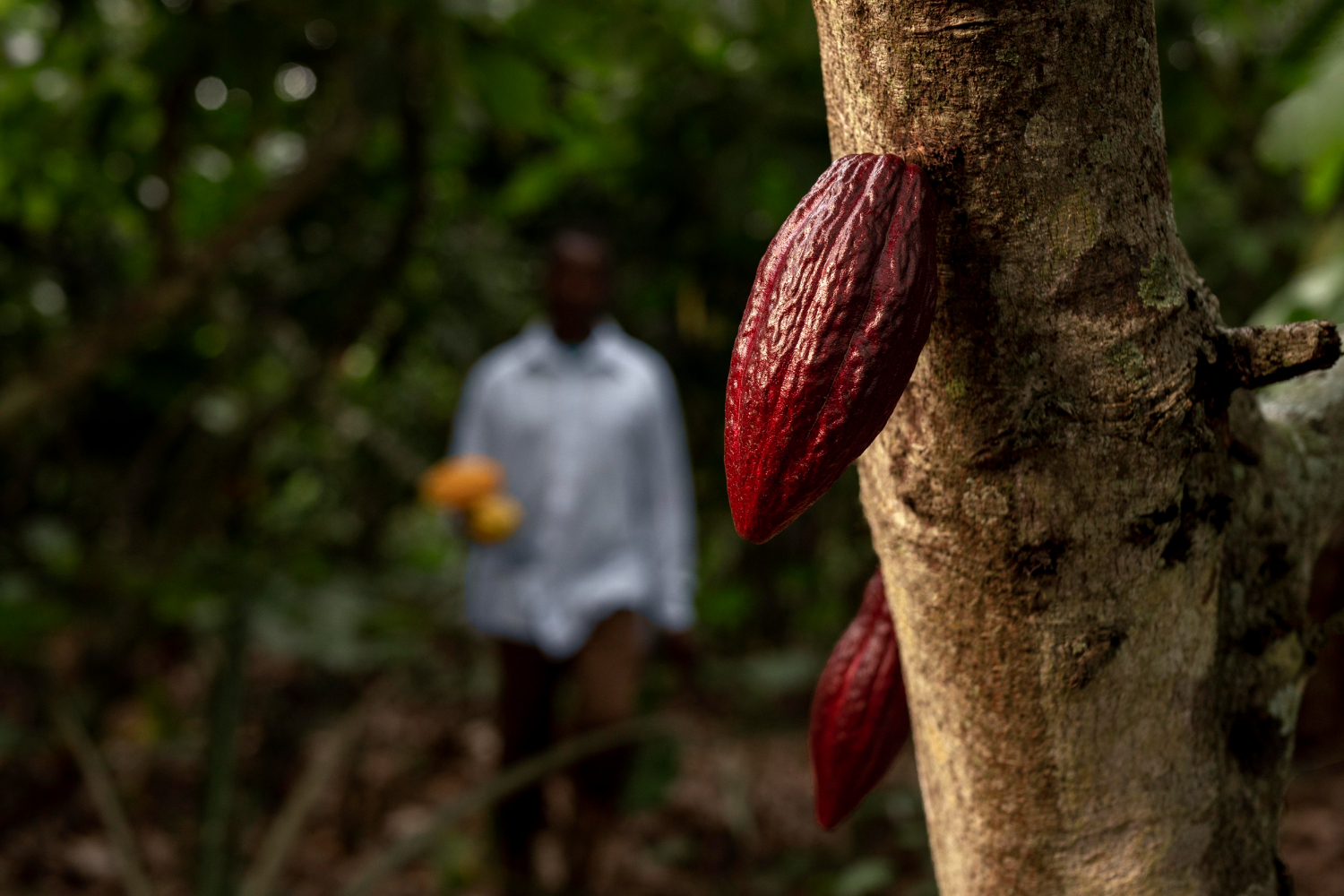
Madagascar produces about 80% of the world’s vanilla, and the industry faces similar challenges. Despite vanilla being the world’s most expensive spice, farmers often earn very little with many falling into debt cycles and being forced to exploitative labor, including child labor.
The International Labour Organization (ILO) estimates that nearly a third of the workforce in the Sava region, where most of Madagascar’s vanilla is produced, consists of children between the ages of 12 and 17.
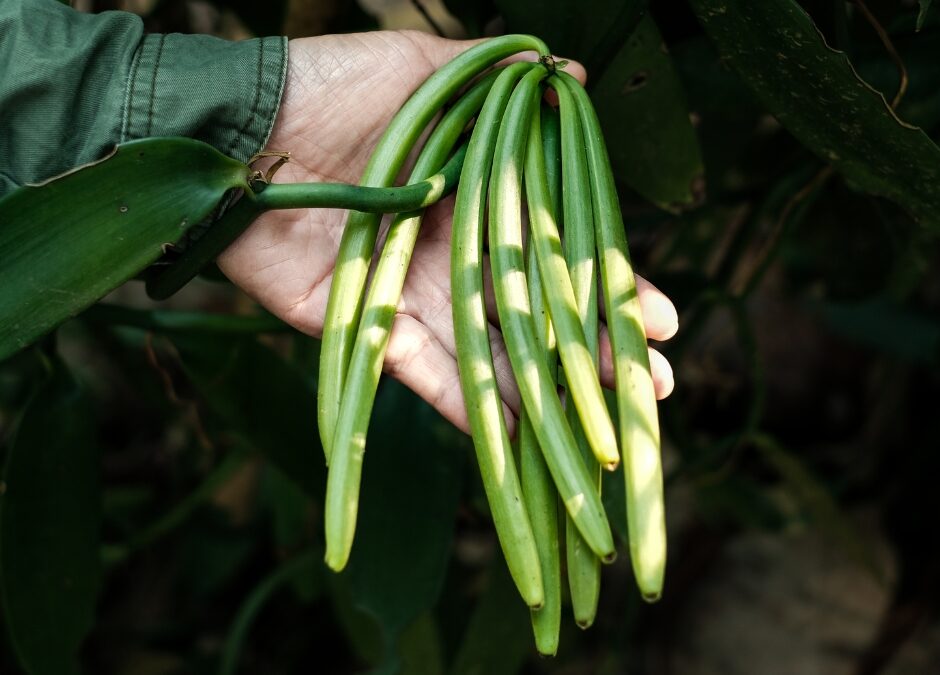
Both industries involve multiple intermediaries, making it challenging to trace the origin and ensure compliance with labor standards. Farmers often take loans from middlemen, leading to debt spirals. If they cannot repay, they may be forced to sell assets or even use child labor as a form of payment.
Apart from labor issues, cocoa, and vanilla production often results in deforestation and environmental degradation, especially those that are farmed with the use of pesticides, further worsening the worker’s livelihoods, especially widespread in cocoa farming.
In West Africa, large areas of rainforests are cleared for cocoa plantations. This has led to substantial biodiversity loss and ecosystem disruption. But the damage doesn’t stop there, deforestation makes these regions more vulnerable to climate change, reducing rainfall, degrading soil, and increasing the risk of droughts, meaning lower yields, harder working conditions, and even less income.
That’s why Fairtrade is so crucial—especially for these ingredients. It gives farmers bargaining power, security, a voice in the system and helps protect the ecosystems they depend on.
So, what does it take for a product like Njamito to become Fairtrade certified?
The journey starts with an application through FLOCERT, an independent third-party auditor, where we provide details about the product, recipes, and supply chains.
After a successful application, we received a Permission to Trade (PTT)—essentially a green light that allowed us to begin sourcing certified Fairtrade cocoa and vanilla.
But it doesn’t stop there. After licensing, FLOCERT also conducts on-site audits, both where the supplier is based and where the product is made. This step is crucial. It verifies that we’re actually using certified Fairtrade ingredients and that there’s no room for food fraud.
In other words, the Fairtrade mark only goes on products that truly contain the Fairtrade cocoa or vanilla we claim.
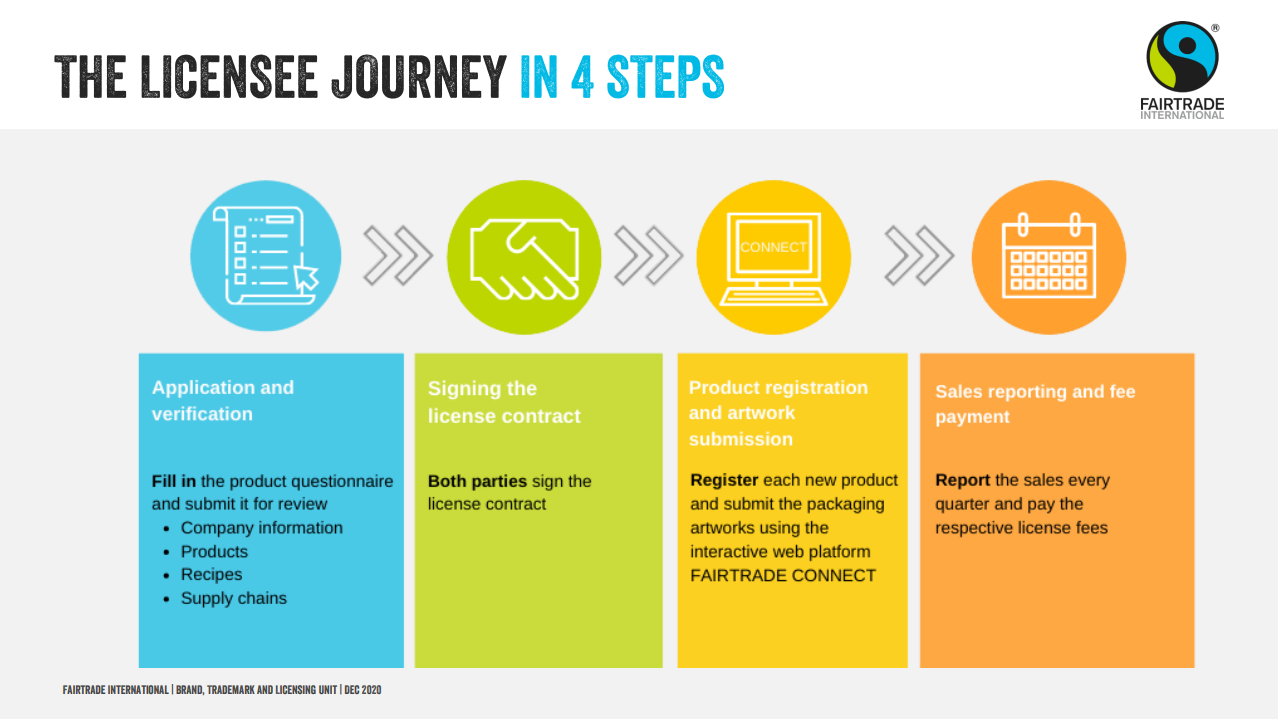
Fairtrade deepens our connection with the people who grow our ingredients and helps us build a more resilient, ethical supply chain for the future, building on our vision for a transparent food future.
When you choose your favorite flavor of Njamito, you’re not just choosing convenience and clean ingredients, but making a choice that supports ethical sourcing and labor standards, better agricultural practices, and biodiversity, and you know exactly where each ingredient comes from, and who’s benefiting from your choice.
Njamito is now Fairtrade certified for cocoa and vanilla! Here’s what that means for farmers, the planet, and the values behind our meal-in-a-bottle.
Read articleIdealism met reality as we launched our meal-in-a-bottle, Njamito. After 100.000 bottles sold, here’s what we learned about organic food and market adaptation.
Read articleWith organic seeds in short supply, we launched our own organic seed production journey to secure sustainable farming practices.
Read article